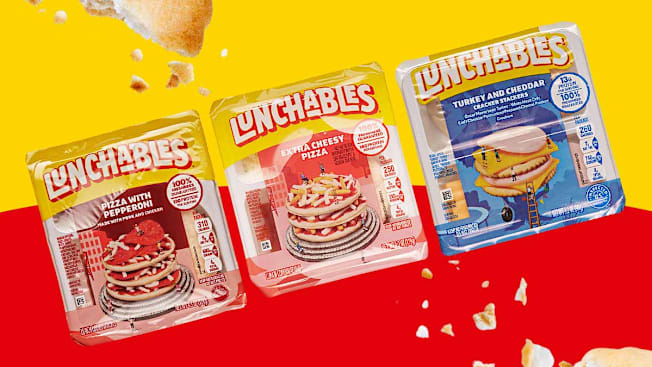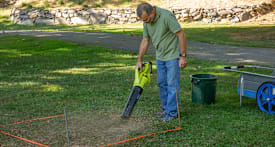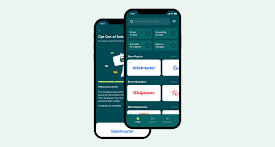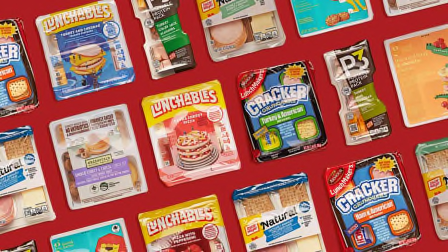Kraft Heinz Pulls Lunchables From National School Lunch Program
The move comes months after a Consumer Reports investigation documented lead and high levels of sodium in supermarket versions of the highly processed meals

Lunchables manufacturer Kraft Heinz announced on Nov. 12 that it will no longer produce the prepackaged lunch kits it supplied to the National School Lunch Program, according to reporting in Reuters and other outlets. The company had designed versions of its Turkey & Cheddar Cracker Stackers and Extra Cheesy Pizza Lunchables kits to meet the program’s nutritional requirements for meals.
“While many school administrators were excited to have these options, the demand did not meet our targets," Kraft Heinz told Reuters in a statement. "This happens occasionally across our broad portfolio, especially as we explore new sales channels. Lunchables products are not available in schools this year and we hope to revisit at a future date."
@consumerreports The move comes months after our investigation documented lead and high levels of sodium in supermarket versions of the highly processed meals. Learn more through the link in our bio. #lunchables #foodtok #foodtiktok
♬ original sound - Consumer Reports

















